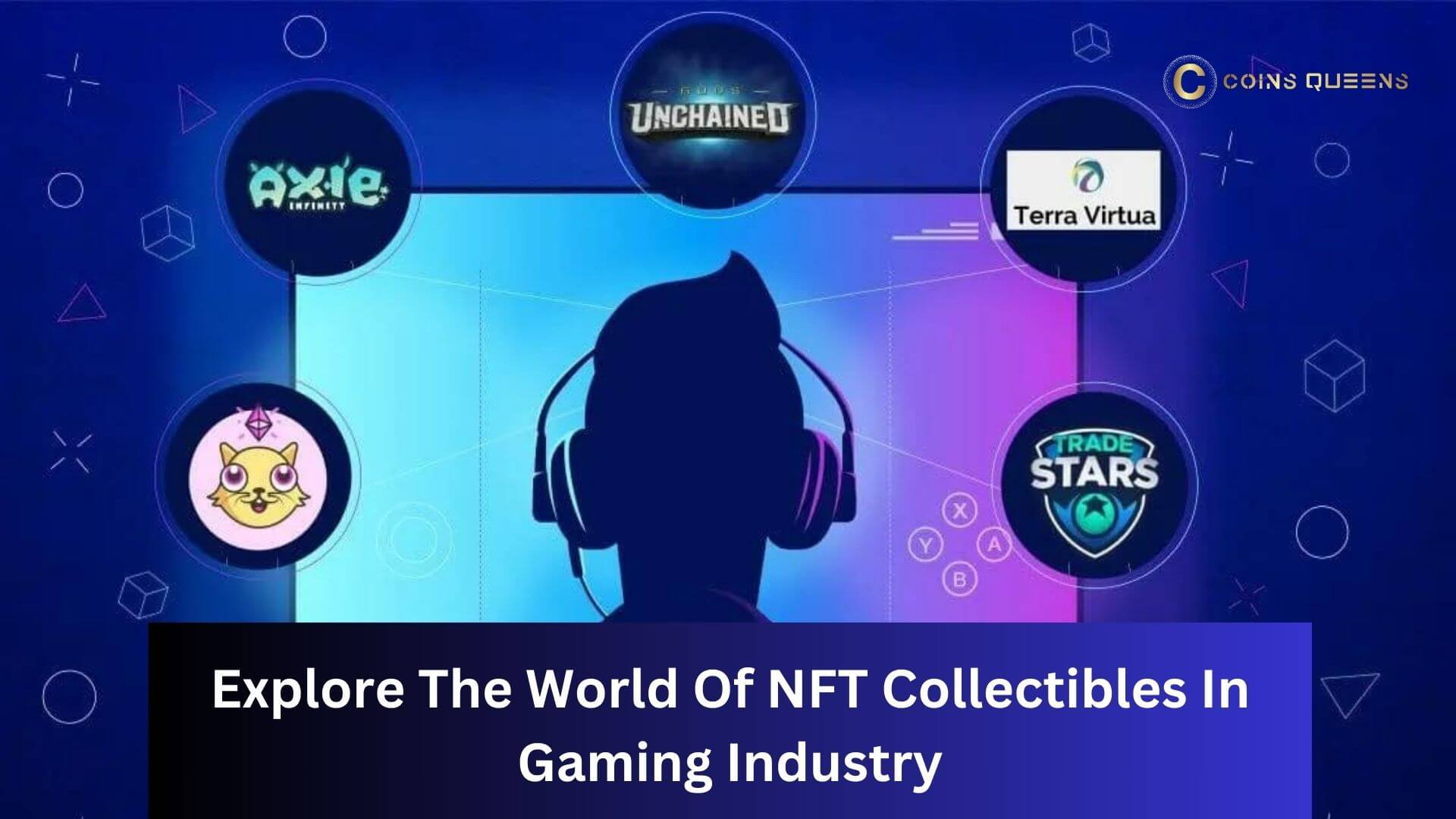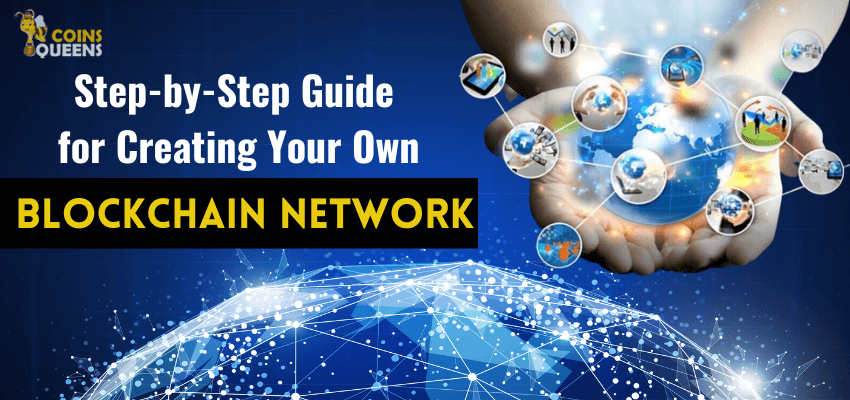The development of blockchain technology is increasing with new platforms to address many of the shortcomings of blockchains such as Ethereum. One of the platforms with excellent support is Polygon. Polygon, formerly known as Matic Network, has shown to be a successful method for growing Ethereum and Decentralized Applications Development (dApps). This blog explores Polygon blockchain development, focusing on its benefits and use cases.
What Is A Polygon?
Polygon blockchain network designed to solve Ethereum’s scalability issues. It provides a layer 2 solution that makes use of Ethereum’s security to reduce transaction costs and speed. Significant profitability was achieved by Polygon, particularly during the 2021 cryptocurrency growth, and the company provided early investors with positive returns. Because of its affordability and efficacy, it should be used everywhere. It attempts to provide quicker transactions and lower prices without sacrificing security to address Ethereum’s scaling problems. Polygon does this by removing transactions off the Ethereum main chain using sidechains and other measuring methodologies.
Key Features Of Polygon
Scalability:
Polygon increases the scalability of Ethereum by providing a layer 2 scaling solution. This means businesses can handle greater throughput effectively. With Polygon, dApps can make changes faster, make the system more responsive, and reduce crashes.
Lower Cost:
Among all the pros of Polygon, one may confidently note a low cost. This makes it very attractive to businesses as it lowers the running costs of decentralized applications. Lower fees make micropayments possible and reduce the amount of restrictions for new customers and admins. Polygon is cheap thus making it suitable for businesses. This is particularly beneficial in applications where microtransactions occur often, like gaming interfaces and Dapps. In terms of the transaction, Polygon’s fees are cheaper than that of Ethereum to be of help to businesses and users.
Interoperability:
Polygon is compatible with Ethereum completely, and so businesses can use the existing tools, wallets, and capabilities. This direct integration implies that firms can harness the strong network of Ethereum at the same time as reap the rewards of Polygon’s sophisticated scalability and speed-enhancing attributes. It incorporates well with any Ethereum-enabled dApps and smart contracts.
Strong Security:
Polygon network relies on validators and Plasma framework to bring an additional layer of security which is very beneficial for businesses. Polygon follows the foundational security advantages of Ethereum and allows developers to create and perform dApps safely. Polygon relies on a robust security paradigm, especially a network of validators who hold MATIC tokens to protect the network.
The Architecture Of Polygon
Layer 2 Chains
Polygon operates as a multi-chain system akin to other projects like Polkadot and Cosmos but with the advantages of Ethereum’s security and network effects. The primary components include:
Plasma Chains: These are specific types of sidechains that use the Plasma framework to enhance scalability. Plasma chains periodically submit the state to the Ethereum main chain.
Polygon PoS Chain: An Omega PoS chain, a primary layer that is responsible for the actual transactional and smart contracts blockchain.
Standalone Chains: Singly owned business chains, which are free-standing but linked to Ethereum for compatibility.
Security Model
Polygon employs a unique security model involving two main mechanisms:
Validator Network: Validators hold MATIC tokens and are those who act check-pointing to the Ethereum mainnet.
Plasma Framework: The Main Ethereum chain as well as Polygon’s side chains are to ensure such a way that assets can be transitioned securely.
Benefits of Developing on Polygon
Fast Execution:
Transactions on the Polygon network are confirmed quickly, ensuring rapid execution of smart contracts and transactions. This speed enhances the user experience and makes blockchain-based applications more efficient and reliable.
User Experience:
Polygon is designed with the user in mind. Features like zero-gas transactions and instant transaction finality improve the overall user experience. These features make transactions faster and more predictable, enhancing user satisfaction and engagement.
Sustainability:
Polygon helps create a blockchain environment that is more sustainable by streamlining transaction processing and using less energy. With an emphasis on sustainability, companies may make use of blockchain technology while reducing their environmental effect.
Community & Ecosystem:
Businesses may access a vast network of developers, consumers, and partners thanks to Polygon’s dynamic and expanding community. Blockchain initiatives may be launched and expanded more easily because of the cooperation, information exchange, and support that this vibrant ecosystem promotes.
Elevated Efficiency
Polygon development gives unparalleled performance advantages. Because of the platform’s capacity to process thousands of transactions per second, dApps may grow efficiently without running into the same kind of constraints as the Ethereum mainnet.
Major Use Cases Of Polygon
Games
Many gaming segments have purchased Polygon to build blockchain games. Polygon has high throughput, and low fees allowing for quick cheap transactions which are ideal for gaming usability and NFTs.
NFT
Polygon is the superior option for creating NFT projects, along with creating, minting, selling, and trading NFTs without having to incur high gas fees as when using Ethereum. Thus, there has been an increase in the decentralized market of NFTs and the events occurring in the Polygon network.
Supply Chain Management
The possibility of a Polygon processing a large volume of products in a short time makes it ideal for use in the supply chain process. Businesses can use Polygon to track products, verify authenticity, and streamline operations.
Getting Started With Polygon Development
Setting Up the Development Environment
To code on Polygon, first, one requires a development environment. Such tools include Node, which should be installed in this case. Remember, you will need to use Polygon, and some of the tools you will need include Remix, js, Truffle, etc., while for the Polygon node, some of the services you will need to engage in include Infura or Alchemy.
Writing Smart Contracts
The smart contracts that operate on Polygon are programmed using Solidity the same way we have most Ethereum smart contracts. Truffle framework can be used for compiling and deploying smart contracts in Polygon along with the management of these contracts.
Deploying Polygon
Running dApps on Polygon means integrating the application with Polygon and configuring it to work with contracts on Polygon. This involves updating the state of the foreign network in your application code and making sure the users’ wallet is on the Polygon network.
Testing and Launch
Tools for testing the Polygon network can be a lifesaver especially when one is developing an application and would want to test it before releasing it to the public domain. After testing, launch the web3 application in the cloud or physical server. Monitor the performance of the web3 app and offer necessary updates.
Conclusion
Polygon has become a powerful solution for scaling Ethereum and creating an efficient, low-cost utility. For businesses, its excellent performance, efficiency, and interoperability with polygon make it a desirable platform. Businesses may construct new solutions in DeFi, gaming, NFTs, and other areas using Polygon’s capabilities, opening the door for the next wave of blockchain applications.
We at Coinsqueens are experts in Polygon blockchain development, offering top-notch solutions to satisfy your company’s demands. With our experience at Polygon, the top Ethereum layer 2 scaling solution, we can create blockchain apps that are scalable, affordable, and high-performing. We are dedicated to utilizing Polygon’s robust ecosystem to facilitate dApp communication and performance, smart contract functionality, and more features. Our team of blockchain specialists is skilled in utilizing Polygon’s capabilities to save transaction costs while enhancing project scalability and interoperability.
Whether you want to build a DeFi platform, an NFT Marketplace Development, NFT Gaming Development Platform or a business solution, Coinsqueens provides a safe and reliable platform to support your growth and innovation. We place great emphasis on understanding your unique needs and providing comprehensive development services, from initial consulting and planning to delivery and maintenance. By following innovations at Polygon Networks, we keep our solutions up-to-date and compliant with industry standards. Partner with Coinsqueens to experience the unique evolution of blockchain services and take your projects to new heights with Polygon’s efficiency and capabilities. We are dedicated to bringing your blockchain idea to life because we believe that your success is our duty. Polygon offers the resources you need to obtain your web3 goals and will be a major player in the blockchain technology of the future.













